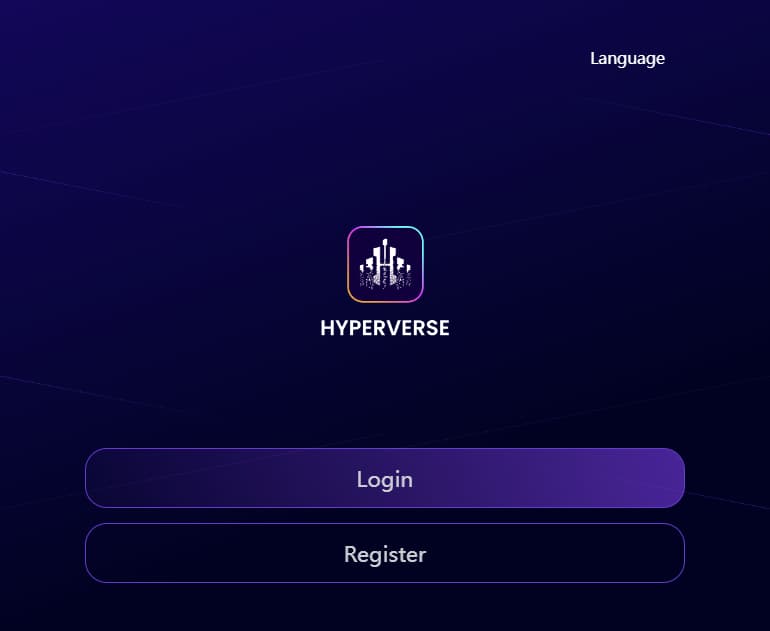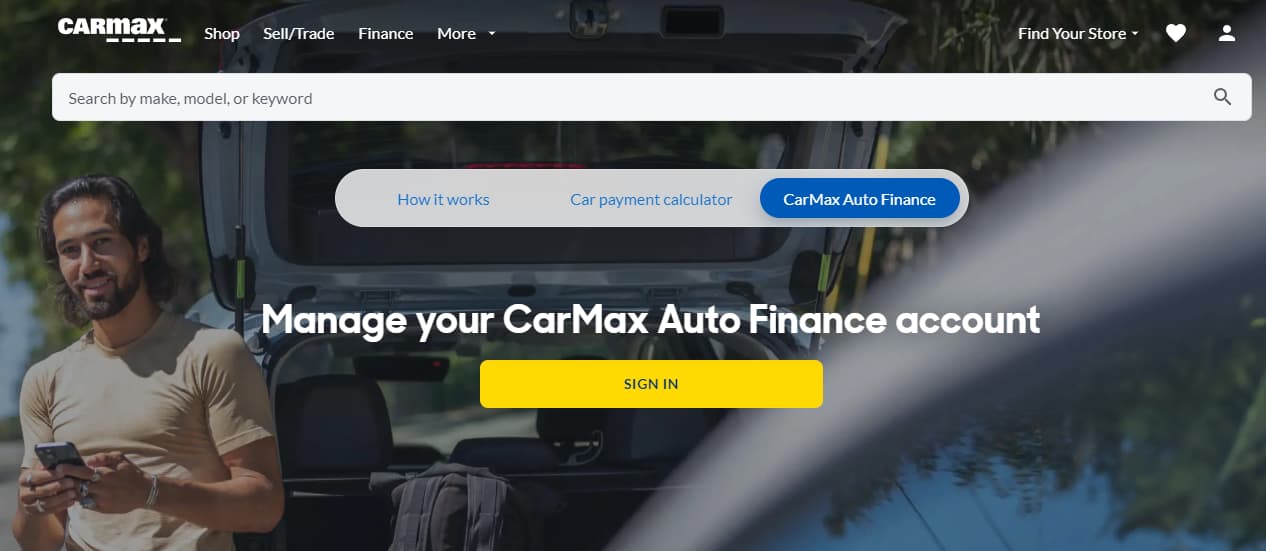Did you know that 70% of Americans admit to being anxious about their finances? These experiences can alter our well-being by ending stable employment, causing family tensions, and disrupting our sleep.
They can also cause us to develop chronic stress, anxiety, and depression. In the long term, such unforeseen events can even make our financial future worse.
Unfortunately, humanity is unpredictable. Thus, some calamities are out of our hands. That is why it’s so crucial to have a suitable emergency fund.
If you already have one, great! If not, you may be wondering what you should do about financial issues. Keep reading to learn about this unfortunate circumstance and how financial emergency.
Remain Calm and Act Quickly
In a financial situation, it is essential to remain calm and act quickly. First, assess your financial health and take stock of the situation. Are you dealing with a temporary setback, or is the emergency affecting your long-term financial stability?
Before taking any drastic steps, take some deep breaths and remain calm. Then, create an action plan that outlines steps to address the emergency. This includes listing the steps needed to reduce or eliminate costs and generate extra income.
Assess the Situation
It’s necessary to take a step back, gather the relevant information, and identify the key areas that need to be addressed. By doing so, you will be able to get a clear understanding of the extent of the emergency and the potential steps that need to be taken to resolve it.
An honest assessment of all bills and expenses should be undertaken, to better assess how much you need money now. Prioritize all bills and expenses, making sure essential debts are paid first and all bills are paid on time.
Identifying Potential Solutions
Consider what resources you can access to resolve the emergency. Are there loans, credit, or support services you can take advantage of? Think about financial and support institutions in your area. Are there any government programs available to help you?
Another option is taking on odd jobs or cutting back on expenses. When you come up with possible solutions, make sure you consider the long-term ramifications so that you can make an informed decision.
Check Your Available Resources
In a financial emergency, you should check your available resources. Resources such as family, friends, or even credit cards can be viable options to help you through the crisis. If you have good credit, you may qualify for a personal loan or a line of credit, which will give you more flexibility than a credit card.
You can also look into government assistance programs or local charities, which can be valuable sources of financial aid. There are also online resources, such as crowdfunding platforms or debt relief programs, that can help you pay off debts in a more timely and easier way.
Consider Using Savings
In any financial emergency, it is advisable to consider using your savings. Before taking out a loan or clearing credit card debt, your savings should be your first port of call. Having enough savings set aside for an emergency is a vital part of any financial plan.
Utilizing your savings can help you separate the necessary expenses from those that you can delay until financial aid is available. This will also help you reduce any costly interest payments from having to draw from a line of credit.
Obtain a Loan
This could be done through a traditional lender like a bank, credit union, or even an online lender. It is vital to research the lender and compare their interest rate, repayment terms, and any other fees attached to the loan. You should also make sure to read the fine print and ask questions about the terms and conditions of the loan.
Additionally, make sure to ask about possible loan extensions or temporary payment extensions in case you need to make any additional payments or need to extend the loan duration. This way, you will be able to make an informed decision when it comes to obtaining a loan in the case of a financial emergency. If you want personal finance tips for installment loans instant funding, you can check traditional lenders in your area for more great advice on how to start taking a loan.
Consider Selling Unused Items
One potential solution to money problems is to sell your unused items. This can include items such as electronics, furniture, jewelry, clothing, etc. You may even have items in your home with some value that you are completely unaware of.
It is always a good idea to do some research on the value of the items that you plan to sell before doing so, as this can help ensure you receive the best possible price for your items. Furthermore, it may be beneficial to look into online marketplace sites as a way of selling your unused items.
Taking on Additional Work
This could be in the form of a part-time job, freelance work, or temporary work. It is beneficial to exhaust every avenue when exploring your options, so research extensively for opportunities. Networking with colleagues and contacts is also a great way to find out about potential opportunities that you may not have considered.
Research some of the most profitable industries, skills, and jobs, and see how you might be able to capitalize on them. Determine how much time you can feasibly take on with additional work, the more hours spent, the more money you are likely to make.
Consult With Financial Advisor
A financial advisor can help you identify the best approach for reducing your debt and maximizing your assets. The advisor will assess the unique circumstances of your emergency and help create a financial plan that is sound and sustainable.
Depending on your emergency, the advisor will advise whether it’s beneficial to liquidate assets, reduce expenses, or look into loan options. A competent financial advisor will also provide education on financial markets and the options available to you.
Consider This Financial Emergency Option
In conclusion, it’s important to remember that a financial emergency can happen to anyone at any time, and the best way to ensure a swift recovery is to plan. You can start by creating a budget and an emergency fund so you can react quickly in case of an emergency.
Taking this proactive approach can help minimize losses in the long term and take the stress out of financial situations. Start taking charge of your financial future today!
Did you find this article helpful? Please check out some of the other content on our site today.



